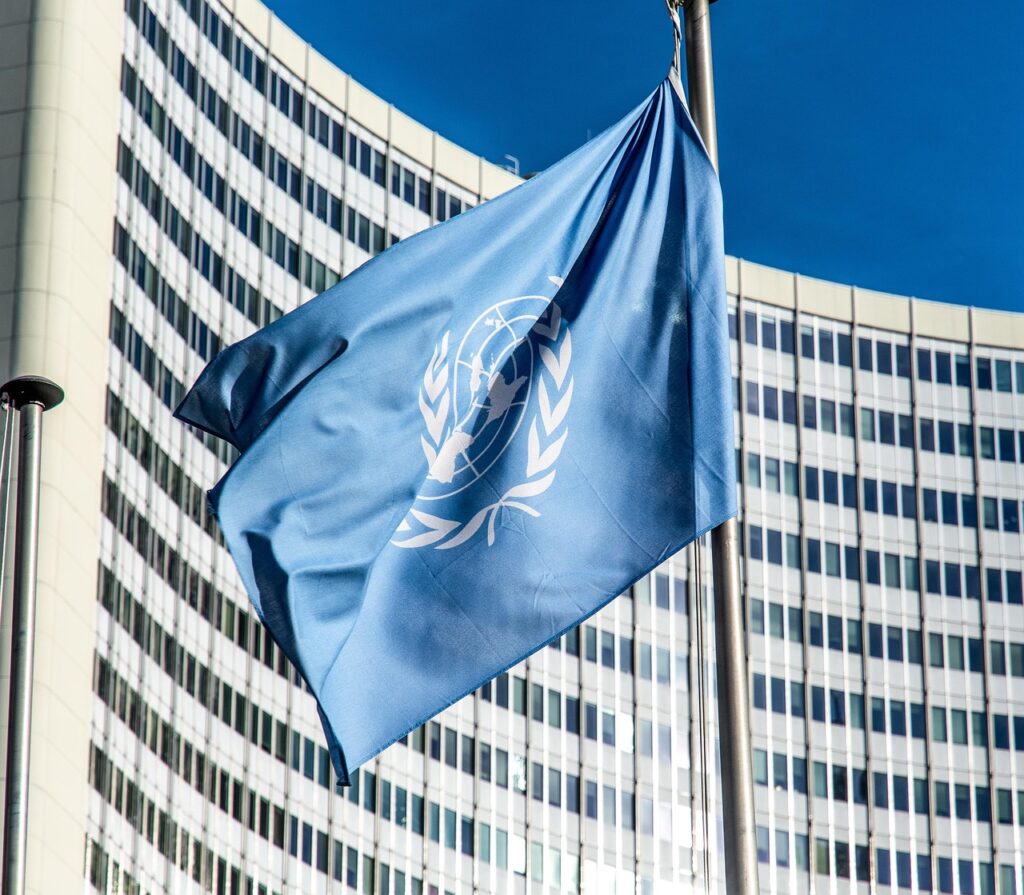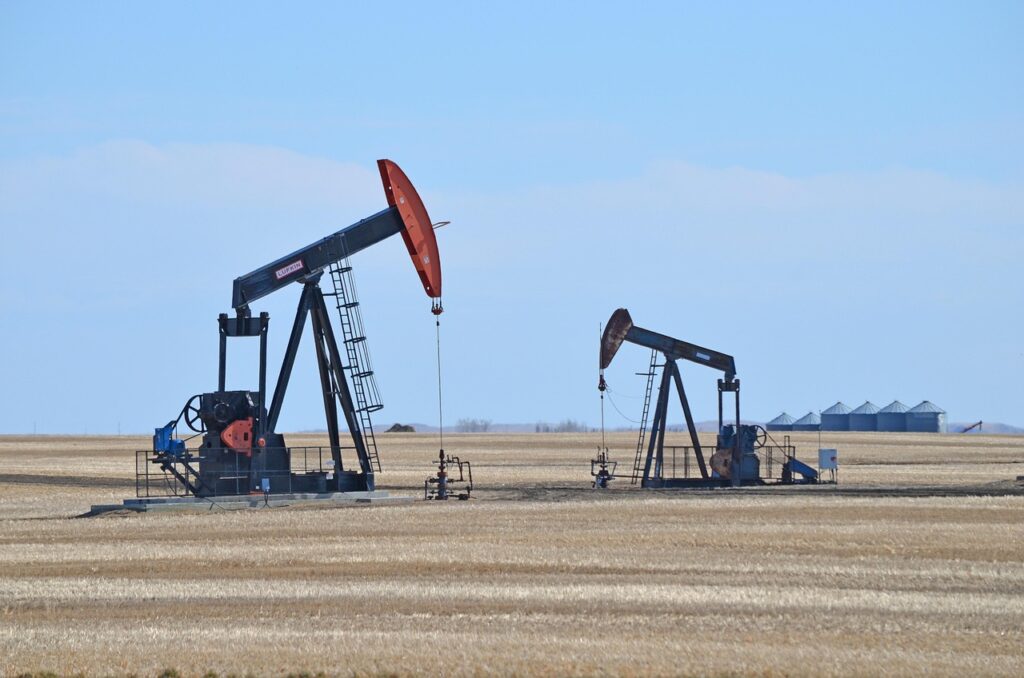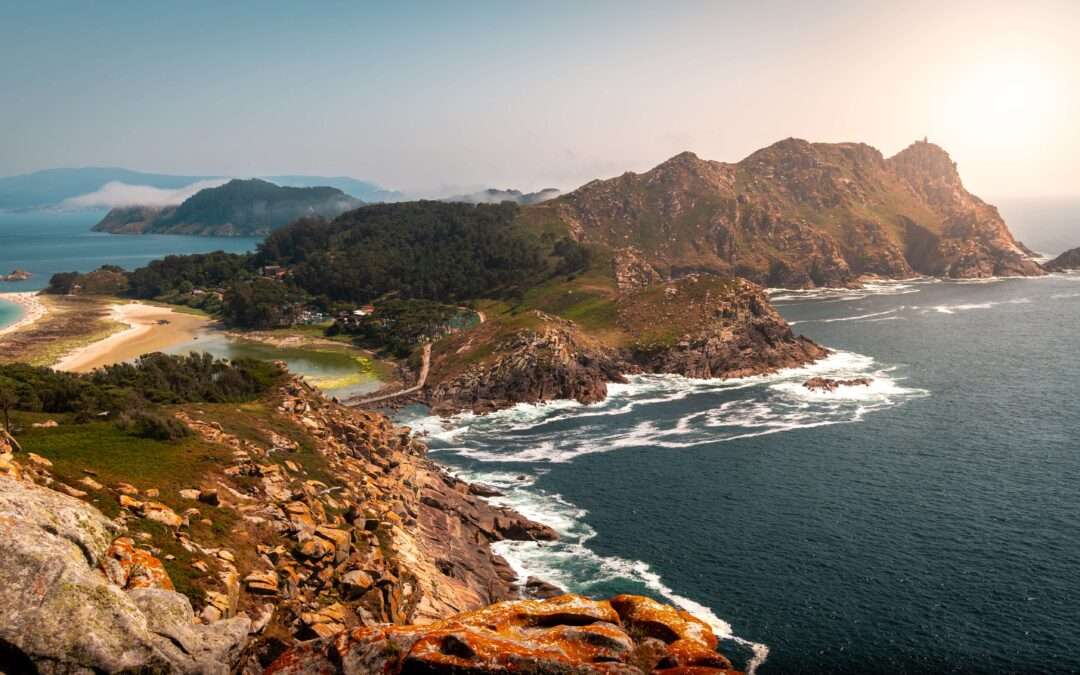🌍 Introduction
Let’s face it who doesn’t love to travel? Whether it’s sipping espresso in Rome or hiking in the Andes, travel ignites our spirit. But beyond the memories and Instagram pics, travel and tourism have become a massive force in the global economy. So big, in fact, that many say it’s the largest industry in the world. But is that really true?
Let’s dive into the numbers, trends, and truths behind this claim.
🔍 Understanding the Travel and Tourism Industry
What Counts as “Travel and Tourism”?
It’s not just booking flights or staying in hotels. Travel and tourism cover a broad scope:
- Leisure travel (vacations, holidays)
- Business travel (meetings, conferences)
- Adventure tourism
- Cultural and heritage tourism
- Eco-tourism
If you’re leaving your home for another location and spending money there you’re contributing to the travel industry.

The Components of the Industry
- Transportation: Airlines, rail, car rentals, cruises
- Accommodation: Hotels, hostels, Airbnbs, resorts
- Food and Beverage: Restaurants, cafés, bars
- Attractions: Museums, parks, tours, local experiences
- Support services: Travel agencies, insurance, language guides
Each of these creates jobs, contributes to local GDPs, and fuels economic growth.
📈 Scope and Scale of the Industry
Domestic vs International Tourism
While international travel gets the spotlight, domestic tourism (people traveling within their own country) makes up the lion’s share especially in large nations like the U.S., China, and India.
Leisure vs Business Travel
Leisure travel still dominates, but business travel adds significant high-value spending, particularly in major urban hubs and convention centers.
The Ripple Effect
Tourism doesn’t operate in isolation. It powers:
- Construction (resorts, airports)
- Retail (souvenirs, fashion)
- Finance (currency exchange, travel insurance)
💰 Economic Contribution

Tourism’s Share in Global GDP
According to the World Travel & Tourism Council (WTTC), the industry contributed $9.5 trillion to global GDP in 2023 nearly 10% of global economic output.
Employment Stats
One in every 11 jobs globally is linked to travel and tourism. Think drivers, chefs, flight attendants, tour guides, hotel staff you name it.
Revenue Streams
Tourism pumps money into:
- National economies through taxes and park fees
- Local economies via small businesses and guides
- Infrastructure through public-private partnerships
⚖️ Comparison with Other Major Industries

Tourism vs Tech, Oil, Agriculture
- Technology drives innovation and has bigger valuations, but fewer jobs
- Oil and gas generate more per-unit revenue but fluctuate violently
- Agriculture feeds the world, but tourism often pays more
Regional vs Global Impact
Tech hubs are concentrated; oil is geographically limited. But tourism? It touches every corner of the globe.
Industry Interdependence
Tourism borrows from many industries transportation, hospitality, media, and retail. That makes it powerful but also dependent.
🌐 Key Players in the Travel Industry
Major Pillars
- Airlines: Delta, Emirates, Qatar Airways
- Hospitality giants: Marriott, Hilton, Airbnb
- Cruise lines: Carnival, Royal Caribbean
Digital Disruptors
- Booking.com, Expedia, TripAdvisor changed how we plan and book
- Travel influencers and vloggers new age marketers
Governmental Roles
Tourism boards like Visit Dubai or Tourism Australia spend billions promoting their destinations.

📱 Technology’s Role in Expanding the Industry
Online Platforms
From Kayak to Google Flights, it’s easier than ever to plan trips.
Mobile Convenience
Apps for translation, navigation, and even restaurant reservations make international travel less daunting.
Future Tech
- VR previews of destinations
- AI-powered itineraries
- Smart airports and touchless check-ins
🌿 Emerging Trends Shaping the Industry
Eco-Conscious Travel
People want their travels to do good. Carbon offsets, eco-lodges, and sustainable tours are booming.
Work + Travel = Digital Nomads
With remote work, people now “live abroad” while working online. Entire visa programs now cater to this lifestyle.

Post-COVID Health Concerns
Travel insurance is now essential. Cleanliness ratings matter. And flexibility in booking is king.
🗺️ Global Hotspots and Their Impact
Most Visited Countries
- France
- Spain
- USA
- China
- Italy
These countries make billions from foreign visitors annually.
Tourism-Dependent Economies
In places like Maldives, Fiji, or Thailand, tourism makes up 20–70% of the economy.
Over-tourism Woes
From Venice to Bali, some spots are cracking under the pressure leading to new travel taxes and visitor limits.
⚠️ Challenges Facing the Travel Industry
Climate Change
Flights leave a huge carbon footprint. Activists are pushing for change, and airlines are investing in biofuels.

Geopolitical Risks
Terrorism, visa restrictions, and wars can bring tourism to a halt in affected regions.
Pandemics
COVID-19 nearly stopped global tourism. The industry lost trillions. Recovery is ongoing but fragile.
📊 Future Projections and Growth Potential
Growth Forecast
By 2033, the travel and tourism industry is expected to contribute 11.6% to global GDP, per WTTC.
Innovation Drives Expansion
- Eco-travel startups
- AI and personalization
- Floating hotels, space tourism even?
Policy and Partnerships
More countries are easing visa policies, building better airports, and investing in sustainable tourism practices.
🧐 Debunking the “World’s Largest Industry” Claim
The Gray Area in Measurement
Tourism spans multiple industries, so it’s hard to pin it down with exact numbers.
What the Stats Say
It’s among the top contributors but not clearly the #1 in all measures. Tech and finance have larger market caps.
Conclusion? It Depends
It’s big. Very big. But calling it the largest may oversimplify a complex, interwoven global economy.
🤔 Is Travel and Tourism Really the Largest?
There’s no denying the industry’s economic muscle. It’s global, inclusive, and generates trillions. But the “largest” label is hard to quantify without context.
In jobs? Yes, it’s among the top.
In GDP? Also among the top.
In direct revenue? Not quite.
So is it technically the largest? Maybe not in every category. But in impact, reach, and experience it’s absolutely one of the most influential.
✈️ Conclusion
Travel and tourism might not officially hold the crown of the world’s largest industry, but it’s certainly one of the most dynamic and influential sectors out there. From creating jobs and shaping economies to building cultural bridges it’s more than just an industry; it’s a global movement.














